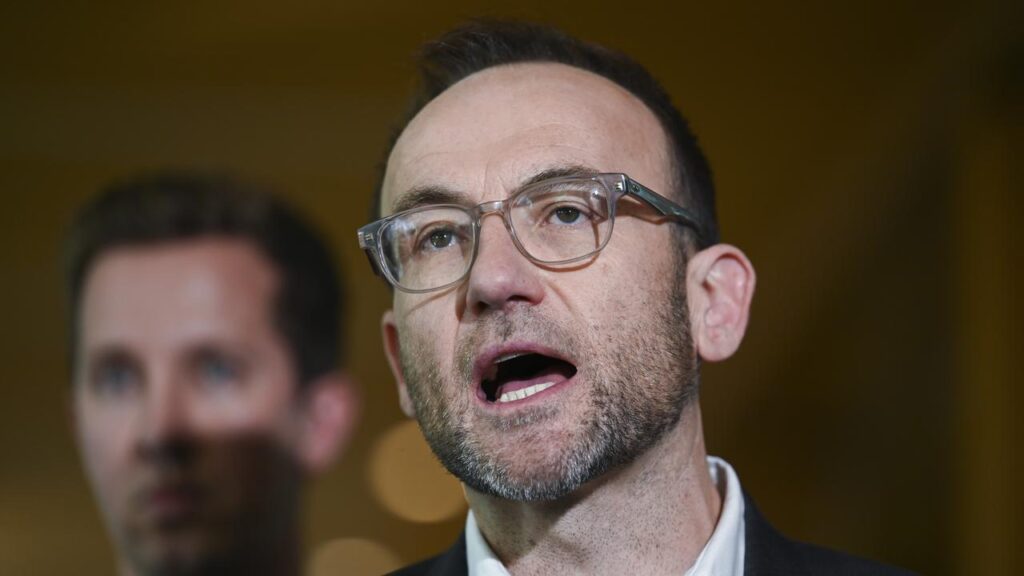‘Dynamic strain’: Dire outlook for telcos
Written by admin on May 26, 2024
Australia’s “highly competitive” telecommunications sector is under “dynamic strain”, Communications Minister Michelle Rowland has warned, after the country’s largest telco Telstra revealed it would slash 2800 direct jobs before year’s end.
Announced by Telstra boss Vicki Brady on Tuesday, the telecommunications giant swung the axe in what is largest redundancy round at an ASX-listed company so far this year, with the job cuts part of a broader package to slash costs and overhaul the firm’s pricing regime.
“It is a very difficult time and I want to acknowledge those workers from the start,” Ms Rowland told Sky News on Sunday.
“This is a highly competitive sector and in particular where those workers are located are one of the more competitive parts of the telco sector.
“Every sector in this area is under dynamic strain,” Ms Rowland added.
She pointed to technological advancements including artificial intelligence, as well as “the need for companies to restructure and set themselves up for the future”.
Ms Rowland said the government would continue to keep track of further developments across the industry.
“Telstra is a private company. But it is very clear these are real people with real jobs. This is a dynamic sector, under constant change, and its margins are getting tighter and tighter.
“So it’s one we continue … to monitor very closely”
Following the development last Tuesday, Treasurer Jim Chalmers told reporters the government would task the Australian Competition and Consumer Commission (ACCC) with monitoring Telstra’s shift to ensure customers weren’t adversely affected.
With state governments including Victoria, Queensland, South Australia and New South Wales mulling measures which would lift age minimums on social media platforms, Ms Rowland indicated her support for the measure.
“I think there should be age limits on social media,” Ms Rowland said.
Asked what the age limit should be, Ms Rowland did not provide a specific number but argued that minors were “very susceptible” online.
“I know from my own experience that as [children’s] brains are developing at those ages, there’s no clear guidance … people are different.
“But we know that within those ages of say 13 to 16 – they are vulnerable ages for development.”
In the May budget, the Albanese government unveiled a $6.5 million investment to trial age verification technology online in an attempt to reduce children’s exposure to age-inappropriate material.







